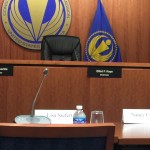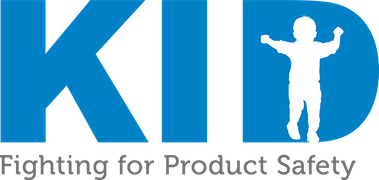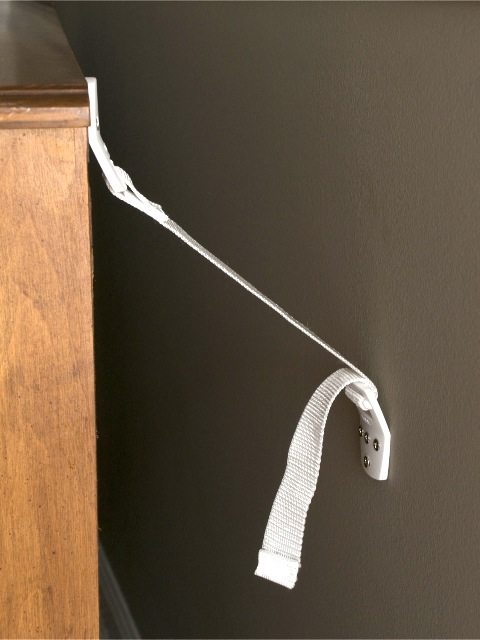
What should be the priorities when it comes to product safety? The US Consumer Product Safety Commission (CPSC) poised this question to the public as the topic of a hearing on June 15. As they do each year, CPSC invited the public to provide written and oral testimony on the priorities for the agency for FY 17 (starting in October) and FY18 – the following year.
Twenty individuals and organizations appeared at the hearing to testify and ten more submitted written testimony. You can find video of the testimony and questioning from the Commission here, along with copies of all the submitted testimony.
KID presented on the first panel, along with several parent advocates and the Breast Cancer Fund. Heather Dautrich brought her 11-year-old son Bobby, who suffered a devastating injury as a toddler from a window blind cord. Linda Kaiser, founder of Parents for Window Blind Safety also spoke of her daughter Cheyenne who died from strangulation from a window blind cord. Both women spoke of the decades we have been waiting for a voluntary standard that would fully address the hazard and the need to take action now on a strong mandatory standard.
Also presenting was Lisa Siefert of Shane’s Foundation. KID is working closely with Shane’s Foundation on both the #AnchorIt campaign to educate the public and on efforts to strengthen the furniture standard to prevent tip-overs. Lisa spoke of the need to prioritize both efforts.
KID’s executive director, Nancy Cowles, testified about KID’s priorities for the agency – including safe sleep (#SayNotoBumpers), recall effectiveness and Danny’s Law. Commissioners asked about our work with the TEST Program on bringing design safety into the engineering classroom and in particular innovative student designs for furniture that resists tipping. We also answered questions about our annual recall report and the call for CPSC to provide annual reports to Congress on individual effectiveness rates on recalls.
Since KID’s founding, the agency’s tied hands have troubled us when it comes to talking openly about product safety. Section 6(b) of the Consumer Product Safety Act keeps CPSC from sharing information reported to them by industry except under the most extreme conditions. This means they are aware of dangers that they cannot warn the public about. We spoke of the need to repeal Section 6(b), something we will continue to work on.
The next panel featured members of the defense bar who spoke of different ‘transparency’ regarding civil penalties. After an increase in the cap on civil penalties, the amounts have increased in recent years. It just struck consumer advocates as a little disingenuous that companies that vigorously defend their right to secrecy involving product hazards are calling for it when it affects their wallets. The Chairman and Commissioner Robinson pointed out that the companies agree to the settlements and it is often the companies wanting to hide the specifics of their behavior. We are sure to hear more about this topic in the coming months.
There was also excellent testimony from Consumer Federation of America, Consumer Union and many other groups. Read our testimony here and let us know in comments or on Facebook if you agree or have other priorities.


